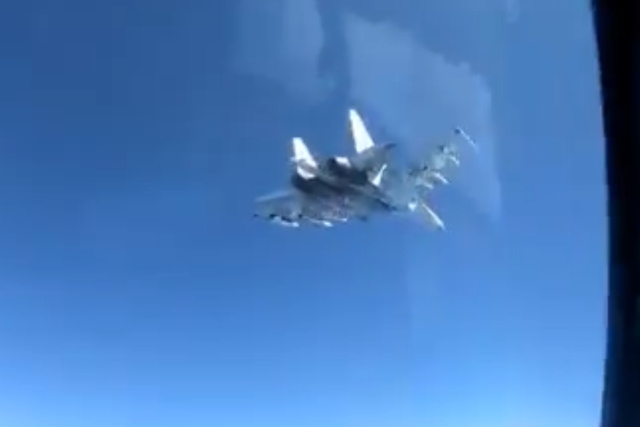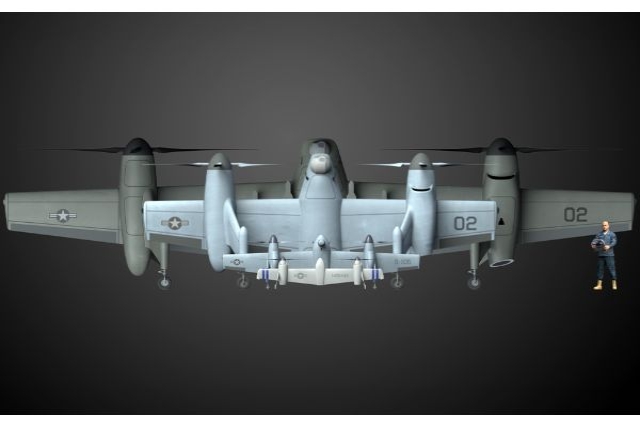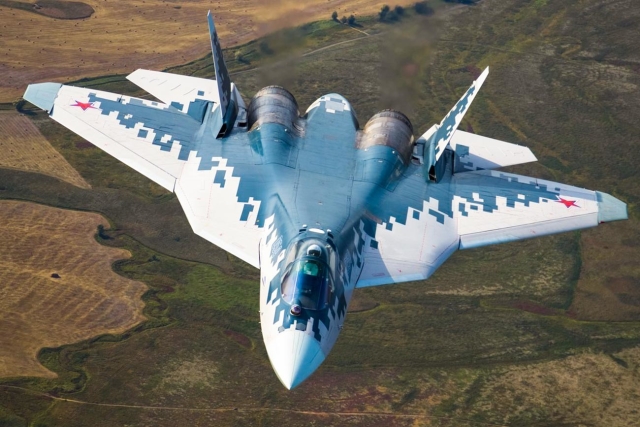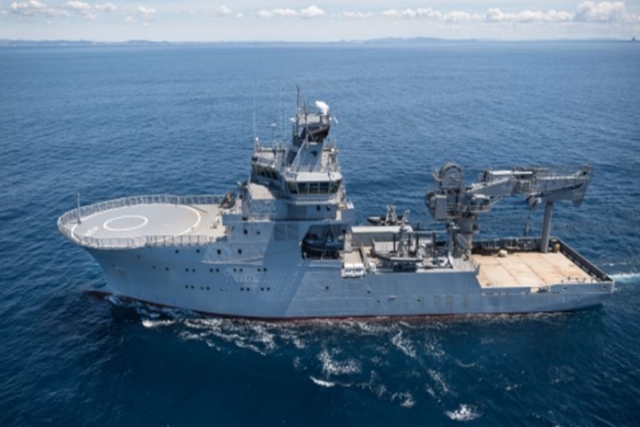Iran Rejects US Claims of “Harassing” Warships in Arabian Gulf

Iran’s Islamic Revolutionary Guard Corps (IRGC) has denied the US Navy’s claims that it “harassed” the service’s warships in the Arabian Sea on April 19.
Tehran has said that it only increased patrols in the Gulf after the US Navy blocked the path of one of its ships in two separate incidents in April. It added that Iran would respond "decisively" to any miscalculation.
The US Navy had accused eleven IRGC Navy vessels of “repeatedly” conducting “dangerous and harassing approaches” of its warships involved in a military exercise with the Army’s AH-64E Apache attack helicopters in the international waters of the North Arabian Gulf.
The IRGCN vessels allegedly crossed the bows and sterns of the US warships at “extremely close range and high speeds,” including multiple crossings of the Puller with a 50 yard closest point of approach (CPA) and within 10 yards of Maui's bow.
After an hour of issuing “multiple warnings” via bridge-to-bridge radio, five short blasts from the ships' horns and long-range acoustic noise maker devices, the IRGCN vessels responded and maneuvered away from the US ships and opened distance between them, the Navy had said in a statement.
Russia denies Su-35 Jet’s “unsafe intercept” of US Navy P-8A surveillance plane:
The Russian Ministry of Defense has also rejected US Navy’s claims that one of its Su-35 fighters conducted a high-speed, inverted maneuver, 25 feet directly in front its P-8A Poseidon flying over the Mediterranean Sea, putting lives of its pilots and crew at risk. The incident took place on April 19, the Navy had said.
The MoD said that the Su-35 was scrambled to intercept a US Navy “spy” plane flying towards the Hmeymim air base in Syria and returned when the surveillance aircraft changed course.











